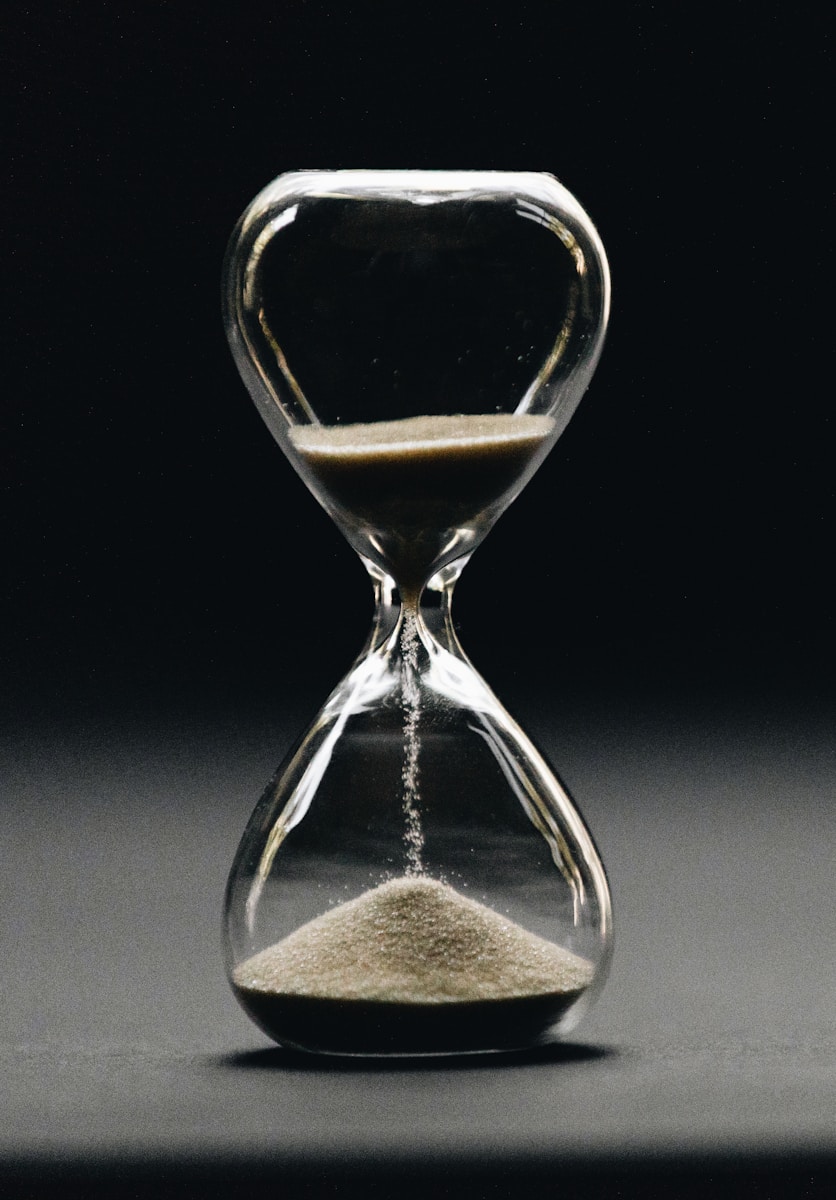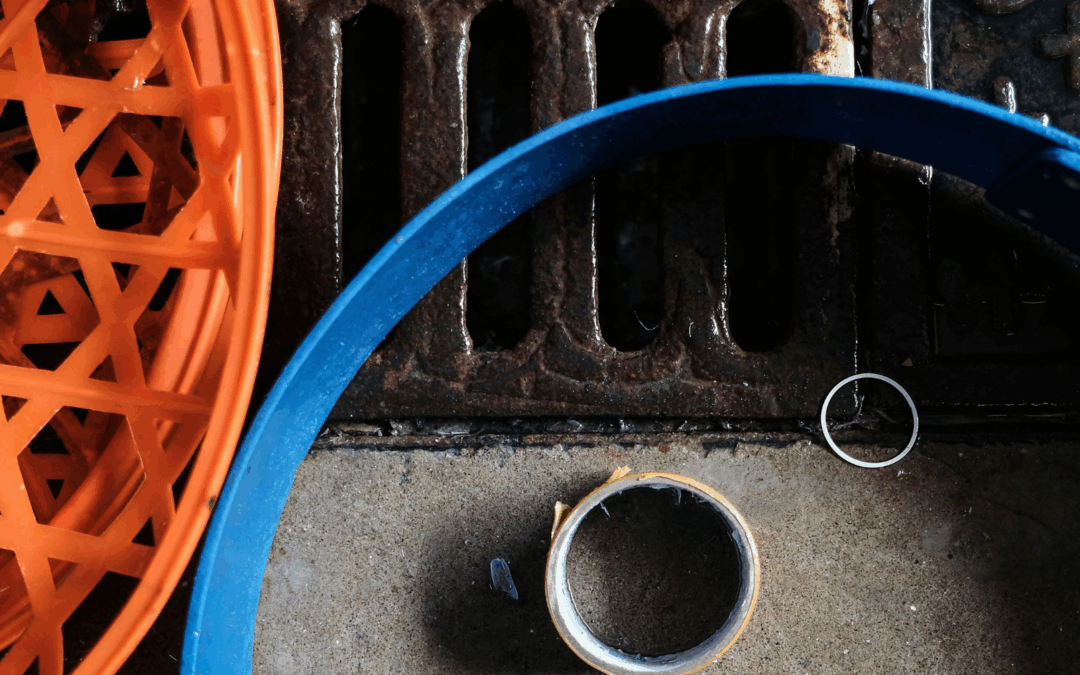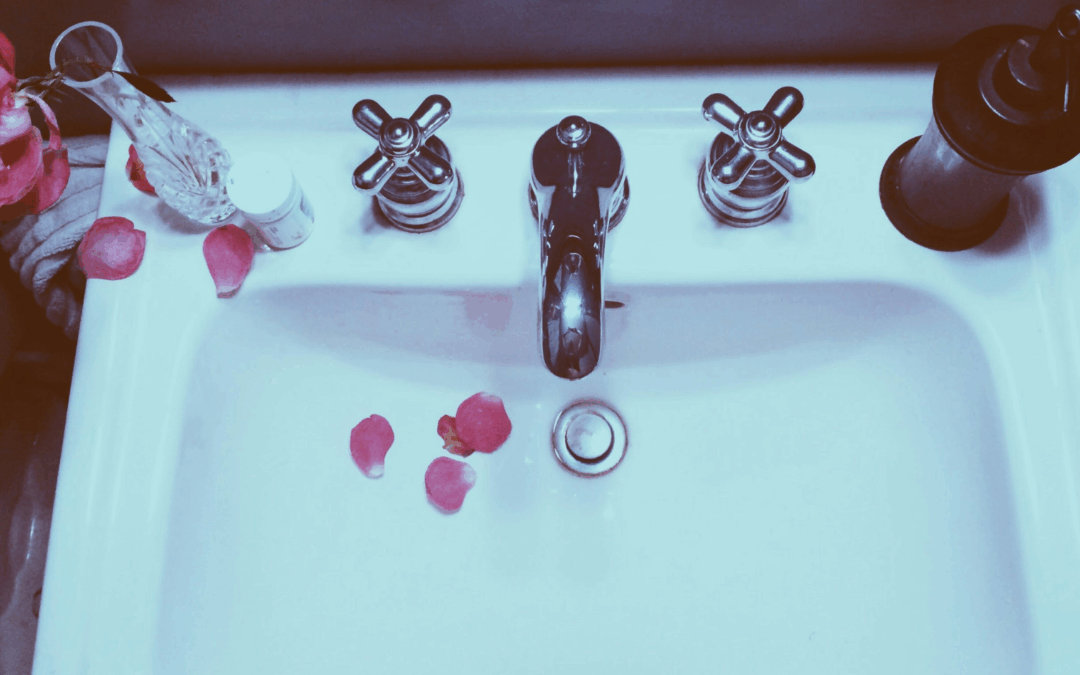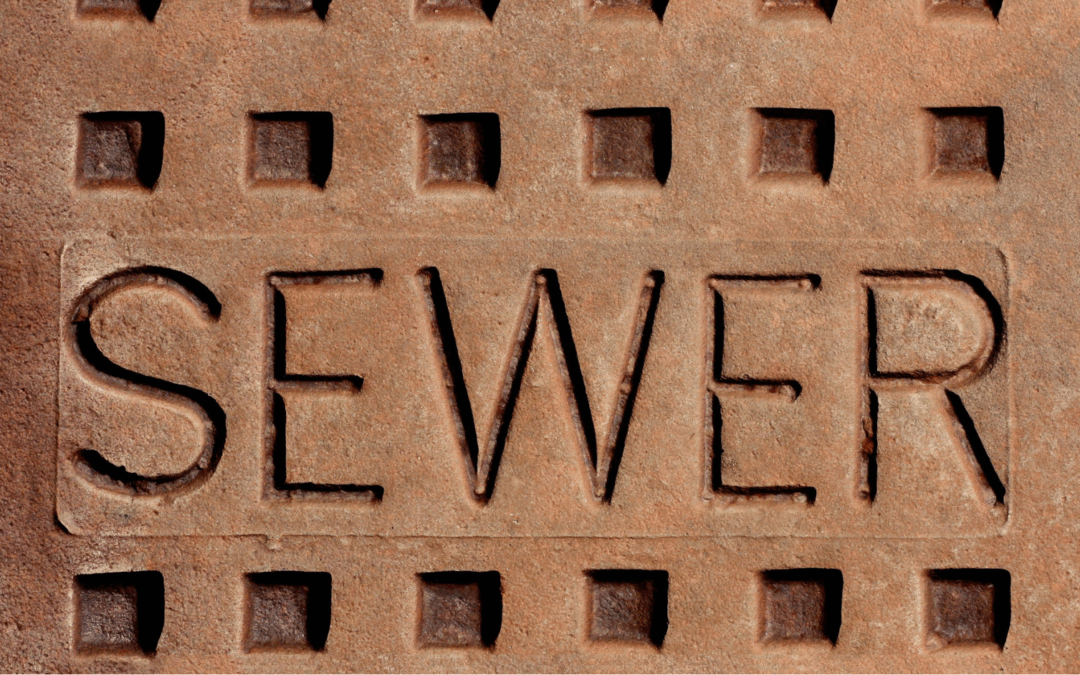Hardly any household appliance holds as critical a role as the hot water heater, sparking widespread curiosity among homeowners about its longevity – “How long do water heaters last?”.
This comprehensive guide will not only examine the typical lifespan of a water heater but also coach you on identifying the signs of a failing unit, factors influencing its durability, and strategies to extend the lifespan of one of your home’s unsung heroes.
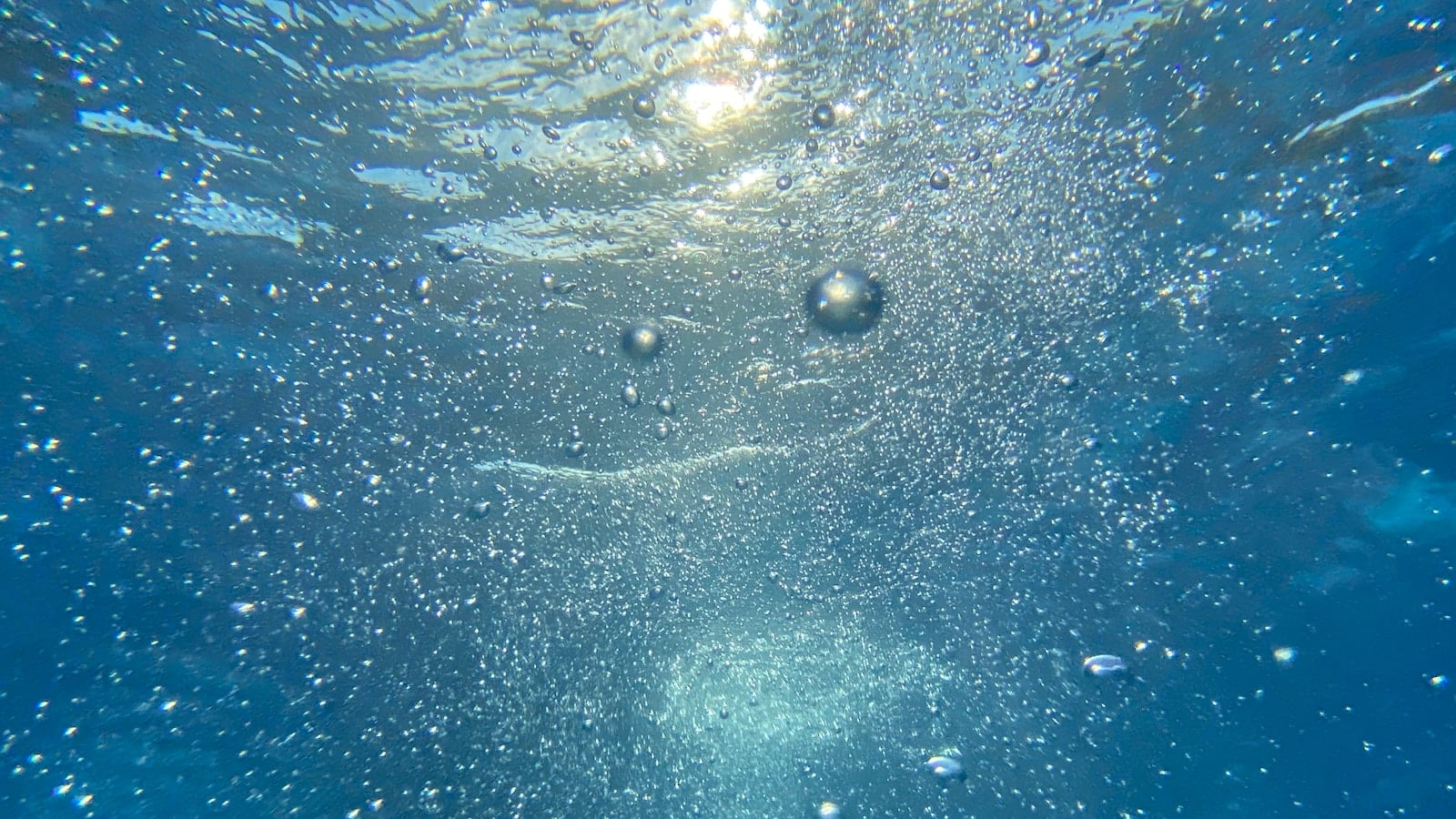
Schedule Service Online
Get a free estimate so you know what you're signing up for
"*" indicates required fields
For Emergency Services Call: 410-255-9300
The Heart of Your Home or Business
As an unseen member of your home or business’s utility army, a durable water heater can last anywhere from 8 to 20 years, depending on usage and maintenance.
The truth is, the longevity of your water heater is contingent on many factors. From the quality and type of your heater unit to the very water that flows through it.

How Long Do Water Heaters Last | Unveiling the Types
Traditional Tanks: Tried and true, these hot water heaters store hot water for use throughout the home. Gas or electricity heats the water, which is then delivered upon demand.
The average lifespan of gas or conventional tank water heaters is around 8 to 12 years. Electric tank water heaters have a longer lifespan, averaging around 12-15 years. Tank style water heater life expectancy can also vary based on the quality of the water, maintenance habits, and daily usage patterns.
Tankless Water Heater: Compact and efficient, tankless water heaters heat water directly without the use of a storage tank.
They can often have a longer lifespan due to the absence of water storage and, consequently, lower chances of rust and leaks. On average, a tankless electric or gas water heater can last about 15 years or more.
The Hybrid Heaters: Blending traditional tank technology with a heat pump, these units are renowned for their energy efficiency and are relatively new contenders in the market, with a record in durability yet to be firmly established.
However, preliminary estimates suggest that hybrid water heaters have a lifespan ranging from 10 to 15 years, a variance that hinges on how effectively they’re maintained and the conditions of their operation.
Solar-Powered Water Heater: Harnessing nature’s rays, solar water heaters can last as long as their Earth-bound siblings.
However, their dependency on sunlight makes their average lifespan a little more weather-dependent. Typically, solar water heaters can remain operational for 20 years or more, assuming that the solar panels and storage systems are well-maintained and not subjected to damaging environmental conditions.
Heat Pump Water Heater: Heat pump water heaters are a major advancement in greener water heating tech. They extract heat from the air to efficiently heat water, like refrigerators in reverse.
This innovation reduces your home’s carbon footprint and saves you money on energy bills. With a lifespan of 10 to 15 years, these heaters need climate considerations for optimal efficiency. These hot water heaters are ideal for eco-conscious homeowners seeking efficient hot water.

How Long Do Water Heaters Last | Signs You Need to Replace Your Water Heater
There are several signs that indicate your water heater needs to be replaced. Let’s take a look at the common symptoms that need your attention:
1. Cold Water
The unbearable shock of cold water hitting your warm skin is not just an unpleasant surprise but often the first sign of trouble in your water heater tank. If your water heater no longer heats water effectively, it could be a sign of its impending demise. To ensure thorough diagnosis and remedy, reaching out to a certified plumber is wise, allowing them to determine whether the solution lies in replacing the tank entirely or merely installing a new heating element.
2. Rumbling Sounds
Another clear indicator is the rumbling or knocking sounds coming from your water heater. These sounds often indicate a buildup of sediment in the tank – a condition that decreases efficiency and often results in a leaking water heater.
3. Rust Never Sleeps
Water heaters are typically made of steel, and with water and metal, rust is an inevitable threat. When your water heater develops rust-colored water or you notice visible signs of rust on the tank, it’s likely time to consider a replacement for your appliance.
4. Utility Bill Spikes
Beyond the clamor and rust, there are subtle signs that your water heater might be on its last legs. Regularly monitor your utility bill for unexpected spikes in energy consumption, which could indicate the aging heater is working harder to deliver the same results.
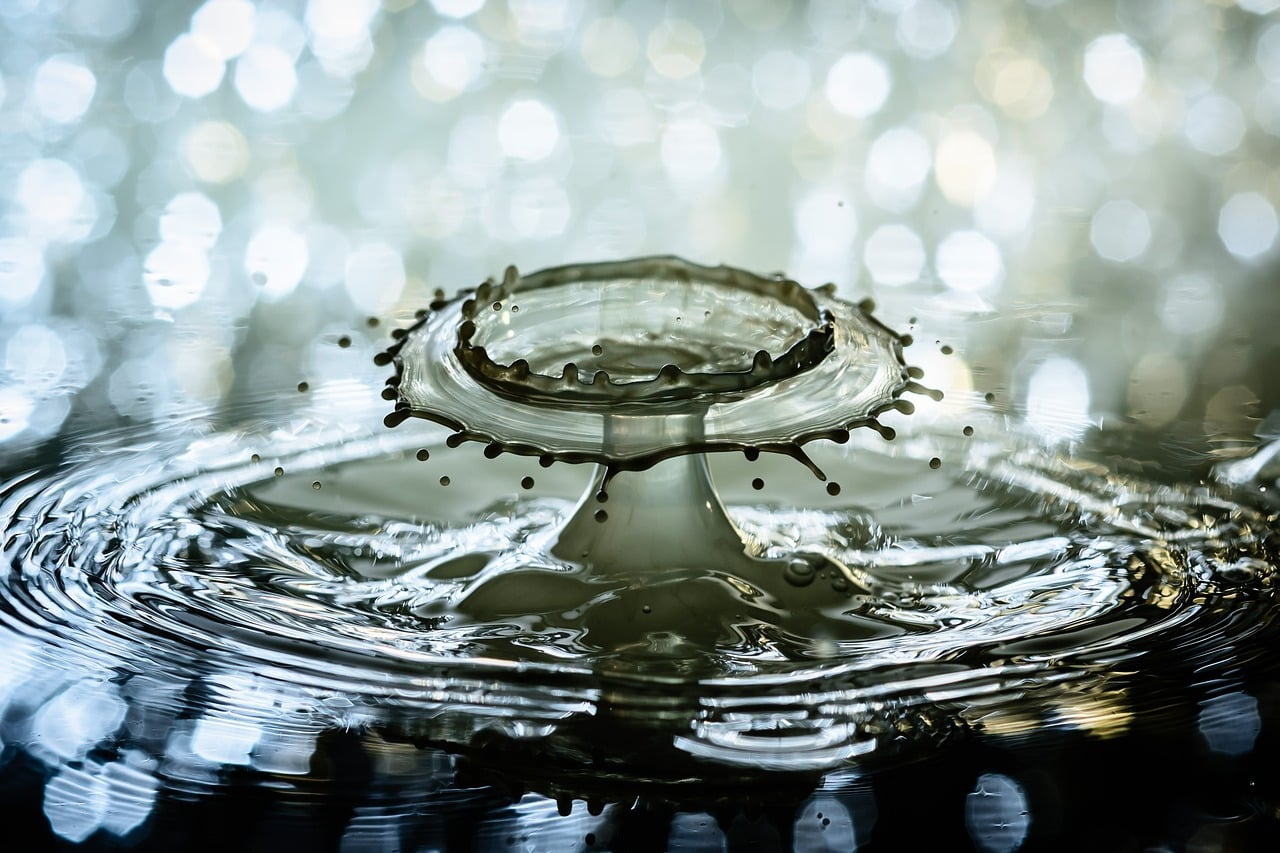
How Long Do Water Heaters Last? | Factors That Push The Burners
The initial step towards a healthy water heating system starts with its installation. While it might seem economical to install the unit independently or with minimal help, the importance of professional installation simply cannot be overstated.
Expert installation ensures that your water heater is not just another appliance, but a well-integrated component of your household. Professionals ensure that every pipe, connection, and setting is meticulously adjusted, thus providing a solid foundation that enhances both performance and longevity.
This meticulous attention to detail guards against future problems that could deteriorate the water heater’s condition prematurely.
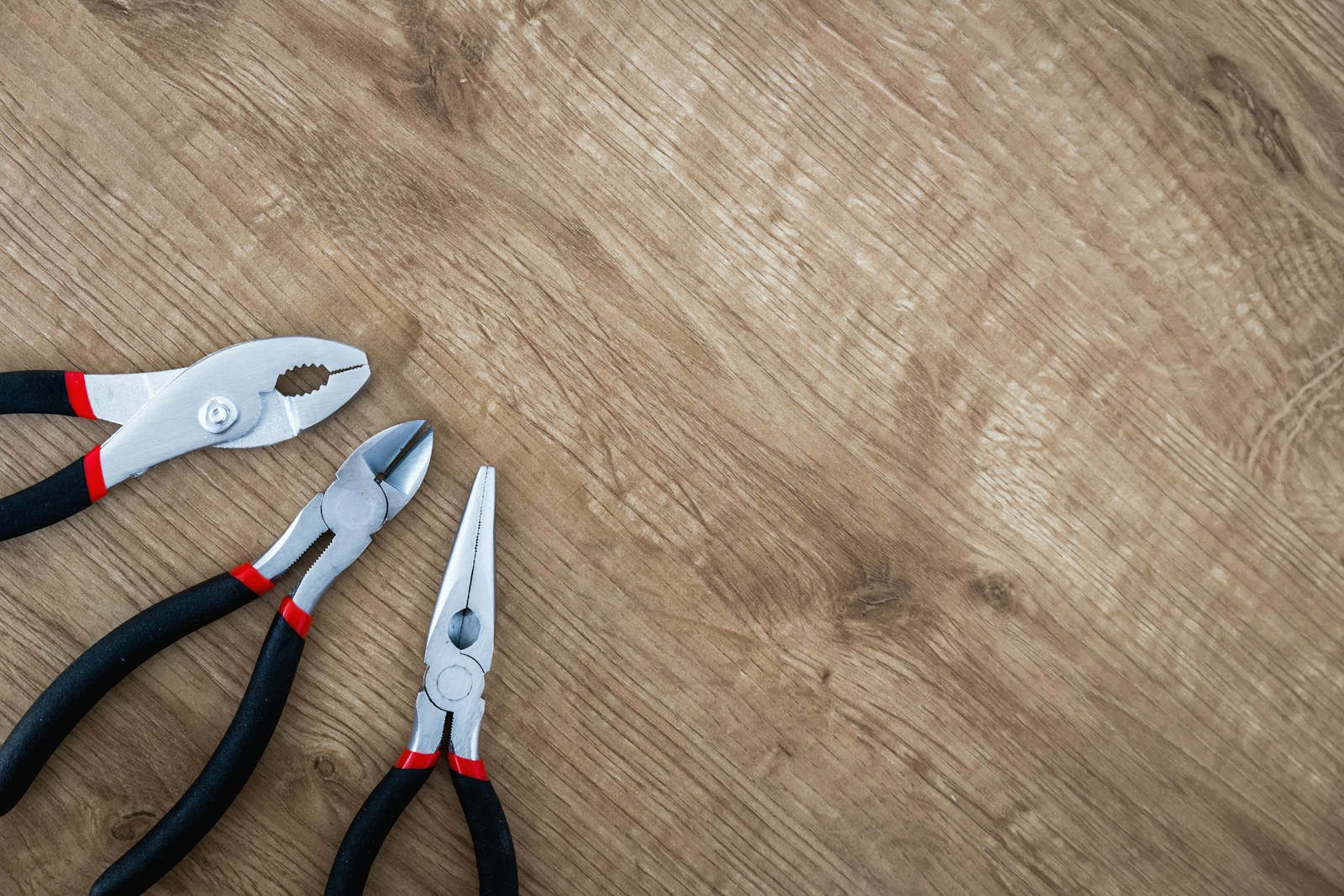
How Long Do Water Heaters Last? | Maintenance Mantras
Overlooking the needs of your water heater is akin to neglecting the health of a vital organ. Regular maintenance is not just beneficial; it’s essential. Actions such as flushing the tank to remove sediment buildup, checking the anode rod for corrosion, and inspecting the pressure relief valve for safety ensure that your water heater remains in optimal condition.
This regular attention lowers the chance of efficiency losses and extends the unit’s lifespan significantly. Think of maintenance as the regular check-ups that keep your water heater fit and functioning.

How Long Do Water Heaters Last? | The Water Equation
The makeup of the water in your home plays a critical role in the lifespan of your water heater. Hard water, characterized by a high mineral content, particularly calcium and magnesium, can wage war on your water heating system.
These minerals tend to accumulate at the bottom of your tank, creating a layer of sediment that acts as a barrier to heat transfer, forcing your unit to work harder to heat the same amount of water.
This not only increases energy consumption but also accelerates wear and tear. Managing water quality through the installation of a water softener or utilizing treatment solutions can mitigate these effects and prolong the life of your water heater.
In the wide world of home maintenance, understanding and attending to the critical factors that influence the durability and efficiency of your water heater can lead to substantial benefits.
From the precision of professional installation to the regular rituals of maintenance, and the vigilant monitoring of water quality, these strategies collectively fortify your water heater’s defense against premature decline, ensuring that it remains a reliable source of comfort for years to come.
How Long Do Water Heaters Last? | Tips for Finding the Age of Your Water Heater
If you’ve moved into a home with a pre-existing water heater, the unit’s age might be a mystery to you. Unearthing your water heater’s age is as rewarding as uncovering a hidden artifact in the realm of home appliances.
Each water heater carries a serial number, a cryptic blend of letters and numbers which, when decoded, reveals its manufacture date. This crucial piece of information serves as a guide, helping you gauge how close your water heater is to reaching the end of its typical lifespan.
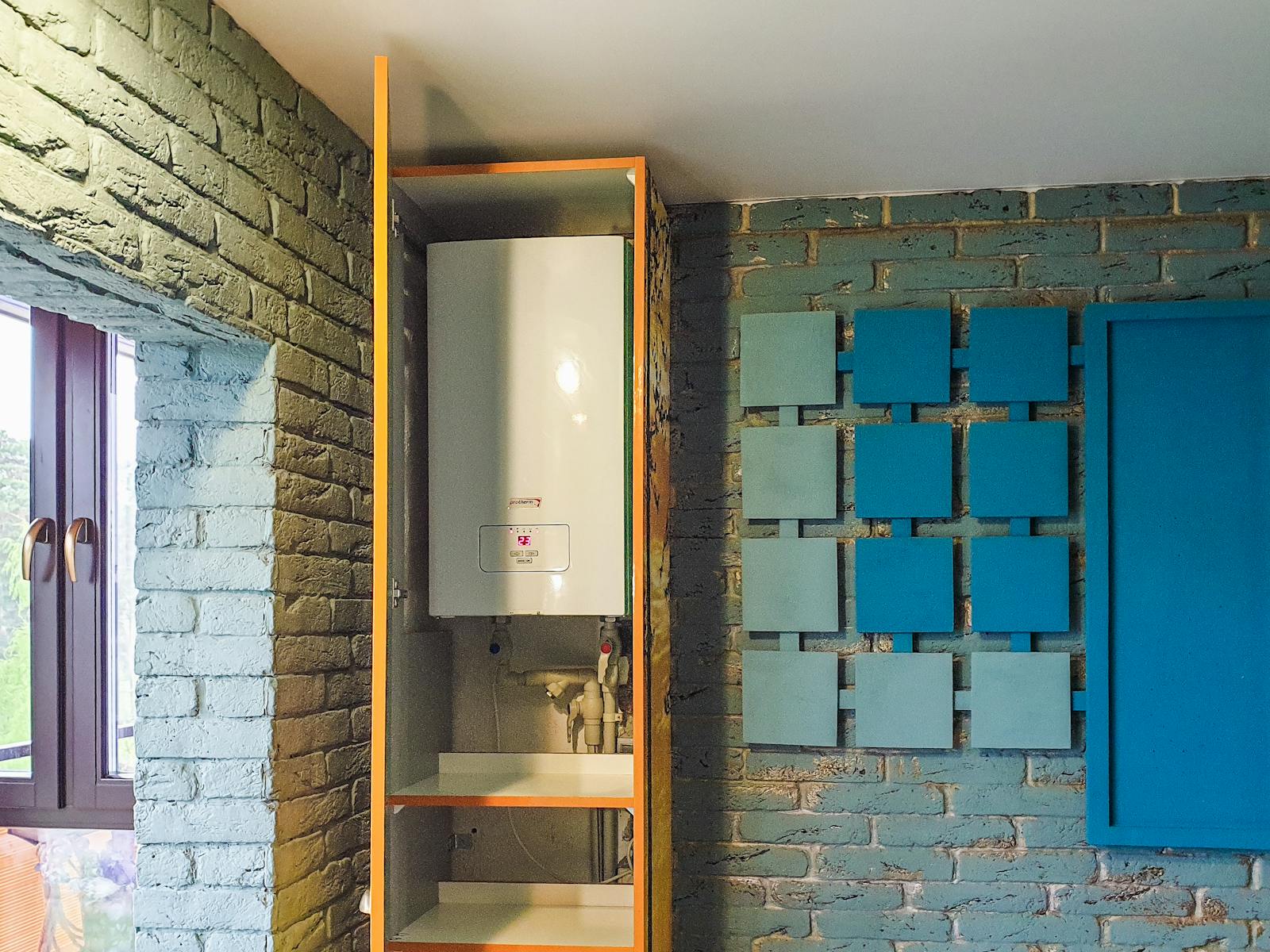
How Long Do Water Heaters Last? | Tips for Extending their Lifespan
When it comes to water heaters, regular check-ups are your best bet. Ensuring the pressure relief valve operates correctly, the anode rod isn’t depleted, and the water tank and pipes are free of corrosion can substantially prolong the unit’s life.
Efficiency Meets Ecology
Consider updating to a high-efficiency water heater. While it might be a costlier initial investment, the energy savings over their longer lifespans make them a more cost-effective and eco-friendly choice.
The Professional’s Perspective
Involving a certified plumbing professional at regular intervals can catch potential problems early, offer advice on your heater’s condition, and ensure any necessary repairs are of the highest standard. These professionals act as your water heater’s long-term guardian and ensure you get the most out of your appliance.

Making the Right Call for Repair or Replace
Delaying the inevitable can be hazardous. If your water heater begins exhibiting severe symptoms or exceeds its expected lifespan, it’s a prudent decision to consider a replacement for safety and efficiency reasons.
The Selection Dilemma
In the event of a replacement, be sure to explore all the types and models suited for your home or business needs. It’s also a prime opportunity to reassess your hot water requirements, ensuring you don’t over or under-invest in capacity.
Do You Have Water Heater Woes?
Maryland Sewer & Plumbing Service is your beacon of tranquility in the stormy seas of plumbing problems. With services ranging from regular maintenance to emergency repairs, they ensure the heartbeat of your home’s hygiene remains steady.

How Long Do Water Heater’s Last | Conclusion
Understanding and actively participating in your water heater’s care and timeline ensures that you’re not left out in the cold. With Maryland Sewer & Plumbing Service, and this guide in your corner, you’re better equipped to manage your water heater’s lifespan.
Proactive steps now can aid in avoiding an unexpected and untimely water heater purchase. Take charge of your comfort’s continuity by scheduling your water heater inspection today. Your future steamy showers will thank you.

